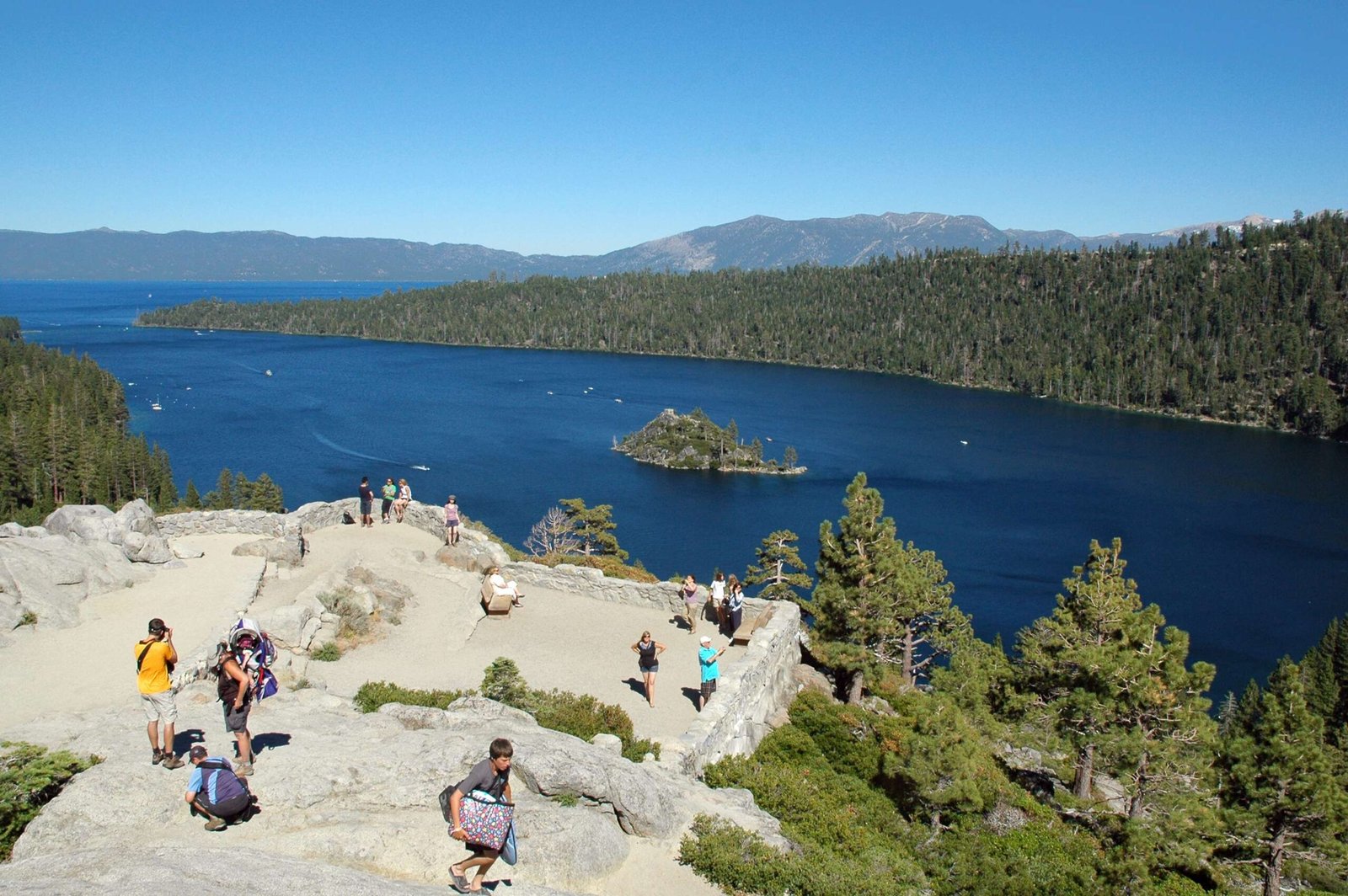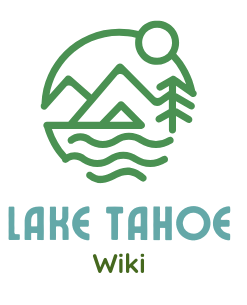Camp Buck Lake Tahoe, operated by the Nevada-California Diabetes Association, is a specialized summer camp for children and teens with diabetes. Located in the picturesque Lake Tahoe area, this camp offers a unique blend of outdoor adventures, diabetes education, and peer support. With its cabin villages, health care facilities, and diverse recreational activities, Camp Buck provides a safe and enriching environment for young people managing diabetes.
What Are the Key Features of Camp Buck Lake Tahoe?

Camp Buck Lake Tahoe boasts several distinctive features that make it an ideal destination for diabetic campers:
- Specialized medical care
- Diabetes education programs
- Diverse recreational activities
- Scenic Lake Tahoe location
- Age-appropriate cabin villages
These features ensure that campers not only have fun but also learn valuable skills for managing their diabetes in a supportive environment.
What Amenities Does Camp Buck Lake Tahoe Offer?

Camp Buck Lake Tahoe provides a range of amenities to ensure a comfortable and enjoyable stay for all campers:
- Cabin Accommodations: The camp features cabin villages designed to accommodate various age groups, providing a cozy and communal living experience.
- Health Care Facilities: Dedicated health care centers are available on-site, staffed with medical professionals to ensure proper diabetes management.
- Dining Hall: A family-style dining hall serves nutritious meals, with registered dietitians overseeing meal planning to accommodate diabetic needs.
- Shower Houses: Separate shower facilities ensure campers have access to clean and convenient restroom amenities.
- Recreational Equipment: The camp is well-equipped with various sports and activity gear, supporting a wide range of outdoor pursuits.
How Does the Reservation Process Work?
Securing a spot at Camp Buck Lake Tahoe involves the following steps:
- Visit the Nevada-California Diabetes Association website
- Navigate to the Camp Buck section
- Check available dates for the desired camp session
- Complete the online registration form
- Submit any required medical documentation
- Pay the registration fee or deposit
For more detailed information or assistance, contacting the California Camp Director, Kat Carpenter, is recommended.
What Activities and Programs Are Available at Camp Buck Lake Tahoe?
Camp Buck Lake Tahoe offers a diverse array of activities and programs tailored to different age groups and interests:
Water Activities
- Swimming in Lake Tahoe
- Kayaking
- Paddleboarding
Land-Based Activities
- Hiking on nearby trails
- Arts and crafts sessions
- Challenge courses
Educational Programs
- Diabetes management workshops
- Nutrition education
- Peer support groups
Special Events
- Overnight campouts
- Themed parties (e.g., Halloween-themed Teen Camp)
- Field trips to local attractions
What Makes Camp Buck Lake Tahoe Unique for Diabetic Campers?
Camp Buck Lake Tahoe stands out as a specialized destination for diabetic campers due to several factors:
- Medical Expertise: A full staff of doctors, nurses, and experienced counselors ensures proper diabetes management.
- Peer Support: Campers connect with others facing similar challenges, fostering a sense of community.
- Educational Focus: The camp integrates diabetes education into daily activities, making learning fun and practical.
- Scenic Location: The beautiful Lake Tahoe setting provides a stunning backdrop for outdoor adventures.
- Age-Specific Programs: Activities and living arrangements are tailored to different age groups, ensuring age-appropriate experiences.
What Should Campers Bring to Camp Buck Lake Tahoe?
Packing appropriately is crucial for a comfortable and enjoyable stay at Camp Buck Lake Tahoe. Here’s a suggested packing list:
| Category | Items |
|---|---|
| Clothing | T-shirts, shorts, swimwear, warm layers, rain jacket |
| Footwear | Comfortable walking shoes, water shoes, flip-flops |
| Bedding | Sleeping bag, pillow, extra blanket |
| Toiletries | Toothbrush, toothpaste, soap, shampoo, sunscreen |
| Medical Supplies | Insulin, testing supplies, glucose tablets (as advised by doctor) |
| Miscellaneous | Flashlight, water bottle, hat, sunglasses, insect repellent |
Always check the camp’s specific packing list, as requirements may vary based on planned activities and current health guidelines.
How Does Camp Buck Lake Tahoe Ensure Camper Safety?
Safety is a top priority at Camp Buck Lake Tahoe, with several measures in place:
- Medical Staff: On-site doctors and nurses provide 24/7 medical supervision.
- Trained Counselors: Staff members are trained in diabetes management and emergency procedures.
- Structured Routines: Regular blood glucose checks and insulin administration are integrated into daily schedules.
- Dietary Management: Meals are carefully planned and portioned to support stable blood sugar levels.
- Activity Monitoring: All activities are supervised and adapted as needed to ensure camper safety.
- Emergency Protocols: Clear procedures are in place for handling any medical emergencies.
What Do Past Campers Say About Camp Buck Lake Tahoe?
While specific reviews aren’t available, feedback from similar diabetes camps often highlights:
- Increased confidence in diabetes self-management
- Lasting friendships with fellow campers
- Improved understanding of diabetes
- Memorable outdoor experiences
- Appreciation for supportive staff and medical professionals
Many campers describe their time at diabetes camps as life-changing, offering a unique blend of fun, education, and peer support.
How Can Parents Stay Connected with Campers at Camp Buck Lake Tahoe?
While fostering independence is a key aspect of the camp experience, Camp Buck Lake Tahoe understands parents’ need to stay informed:
- Pre-Camp Communication: Detailed information packets are provided before the camp session.
- Emergency Contact: A dedicated phone line is available for urgent communications.
- Updates: Some camps provide periodic updates or photos through secure online platforms.
- Post-Camp Debrief: Staff often provide summaries of campers’ experiences and achievements.
It’s best to check with the camp administration for specific communication policies, as they may vary from year to year.
Camp Buck Lake Tahoe offers a unique and valuable experience for young people with diabetes, combining the joys of summer camp with specialized care and education. By providing a supportive environment, expert medical supervision, and engaging activities, the camp empowers campers to better manage their diabetes while creating lasting memories and friendships.
References:
1. https://www.diabetescamps.org/camp/nevada-diabetes-assoc-california-diabetes-assoc-173/
2. https://diabetesnv.org/camp-buck/
3. https://childrenwithdiabetes.com/diabetes-camps/

